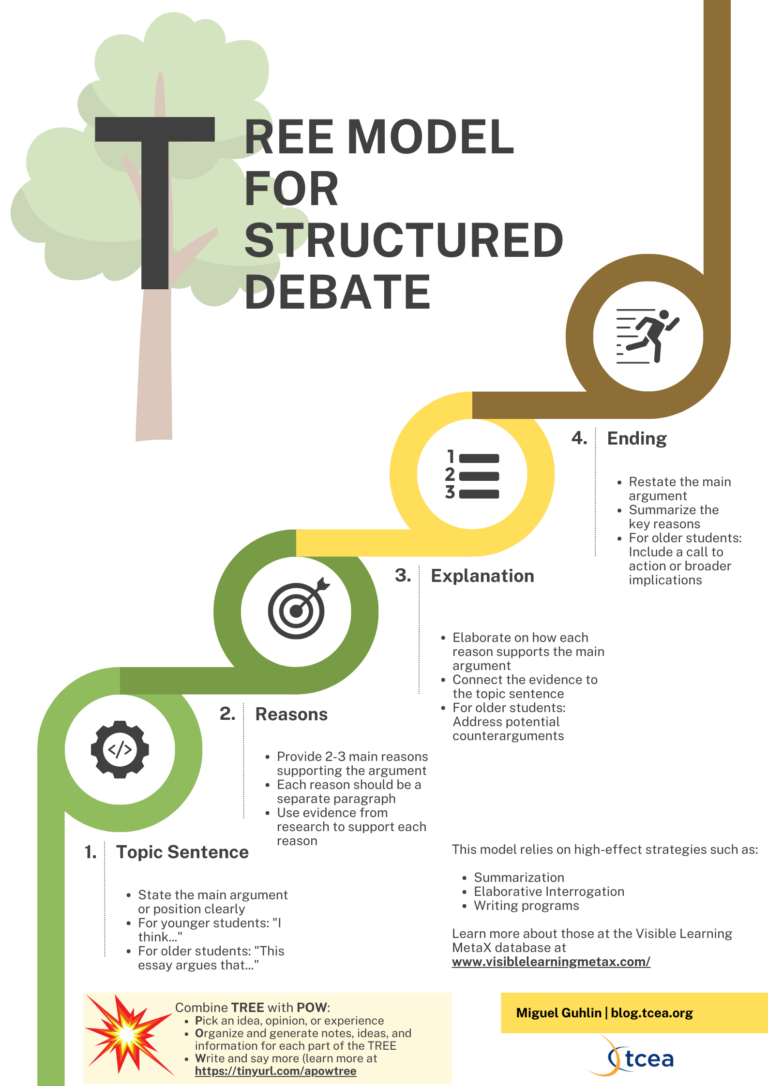Teach Critical Thinking with These Action Writing Strategies: Part One #EduSky #AI

Explore action writing strategies that help teach critical thinking. Flip the script on AI-powered thinking and empower your students’ minds! AI-powered writing threatens the status quo of classrooms. And while AI literacy supersedes digital literacy, teachers and students are scrambling to learn how to use AI the right way, leaving writing teachers in despair. In fact, many educators believe that AI is short-circuiting writing exercises intended to teach critical thinking. In this blog entry, we’ll explore the first three of five research-based action writing strategies that flip the tables on AI-powered, short-circuited critical thinking and writing. Check them out and start incorporating them into your lesson plan today!
Read more
AI-Generated 3-2-1 Summary
Based on the article “Teach Critical Thinking with These Action Writing Strategies: Part One” by Miguel Guhlin, here’s a 3-2-1 summary:
3 Key Points
-
AI-powered writing is challenging traditional classroom practices, prompting educators to seek new strategies for teaching critical thinking through writing.
-
The article presents three action writing strategies to counter AI’s impact: Collaborative Writing Workshops, Structured Debate Blogs, and Reflective Journaling with Metacognitive Prompts.
-
These strategies incorporate evidence-based instructional practices such as peer tutoring, cooperative learning, and classroom discussions, which have high effect sizes for improving learning outcomes.
2 Intriguing Questions
-
How might the implementation of these action writing strategies vary across different grade levels and subject areas?
-
What potential challenges might educators face when integrating these strategies into their existing curriculum, and how can they overcome them?
1 Personal Reflection
The author’s innovative approach to combining traditional writing techniques with modern critical thinking models offers a promising path for educators to adapt to the AI era while still fostering essential skills in students. This blend of old and new methodologies suggests that the future of education lies not in resisting technological advancements, but in creatively leveraging them to enhance learning experiences.